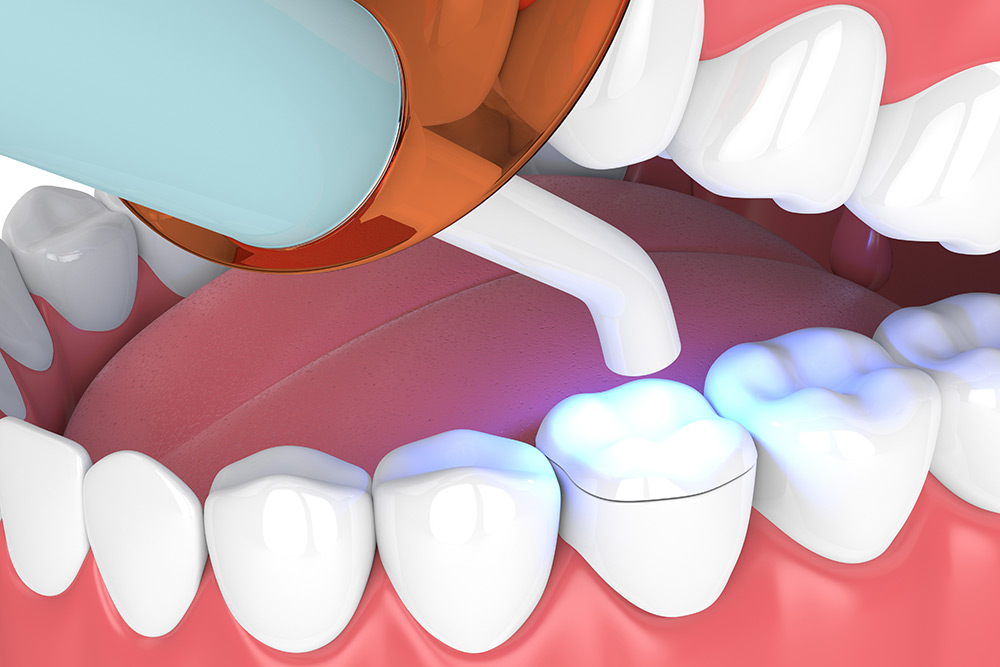Benefits of Dental Fillings
Dental fillings offer several benefits for oral health and overall well-being. Some of the key advantages include:
- Decay removal
- Tooth preservation
- Restored function
- Pain relief
- Improved aesthetics
- Durability
- Quick procedure
- Minimal Sensitivity
- Prevents tooth fractures
- Cost-effective
Do You Need Dental Fillings?
To determine your need for dental fillings, our general dentists will evaluate the following:
- Presence of a Cavity: Dental fillings are primarily used to treat cavities. The first thing we’ll look for is the existence of a cavity in a tooth. X-rays and a visual examination help our dentist identify the extent of the decay.
- Tooth Structure: The extent of the damage to the tooth structure is crucial. Dental fillings are typically recommended for minor to moderate decay. If the decay is too extensive, other treatments like dental crowns or root canals may be necessary.
- Patient’s Overall Health: A patient’s overall health and medical history are considered. Certain medical conditions or medications may affect the choice of filling material or the patient’s ability to undergo the procedure.
- Allergies or Sensitivities: Some individuals may have allergies or sensitivities to specific dental materials used in fillings. Dentists must consider these factors when selecting the appropriate filling material.
- Adequate Tooth Structure for Support: There must be enough healthy tooth structure remaining to support the filling. If the tooth is severely compromised, you may not be a suitable candidate for a filling, and alternative treatments may be necessary.
- Patient’s Preferences: Our dentists will also take into account the patient’s preferences, especially if there are cosmetic concerns. Tooth-colored composite fillings are preferred by many patients for aesthetic reasons, but other options like amalgam or gold fillings are also available.
- Budget and Insurance: Financial considerations play a role in determining candidacy. Patients should discuss the cost of the filling and whether their dental insurance covers the procedure.
- Alternative Treatments: We may also discuss alternative treatments with the patient, especially if a filling isn’t the most suitable option. This could include dental crowns, inlays, onlays, or even tooth extraction in severe cases.
The Dental Filling Process
Direct resin, or white fillings, is a common dental restoration material used to repair cavities or other minor tooth damage. The process involves the dentist first preparing the affected tooth by removing any decayed or damaged enamel. We then apply an etching solution to the tooth to create a rougher surface for the resin to adhere to. Next, a bonding agent is applied, which helps the resin material bond strongly to the tooth. Finally, Dr. Erickson carefully sculpts and shapes the resin material to match the original tooth contour before hardening it with a special curing light. Direct resin fillings are popular due to their natural appearance, relatively quick application, and ability to strengthen the remaining tooth structure.
How Much Do Dental Fillings Cost?
On average, a dental filling costs between $50 to $250. However, certain factors will affect the total cost of your filling treatment, such as the type of filling material, the location of the dental practice, and the complexity of your procedure. In most cases, dental insurance covers at least a portion of dental filling expenses.





